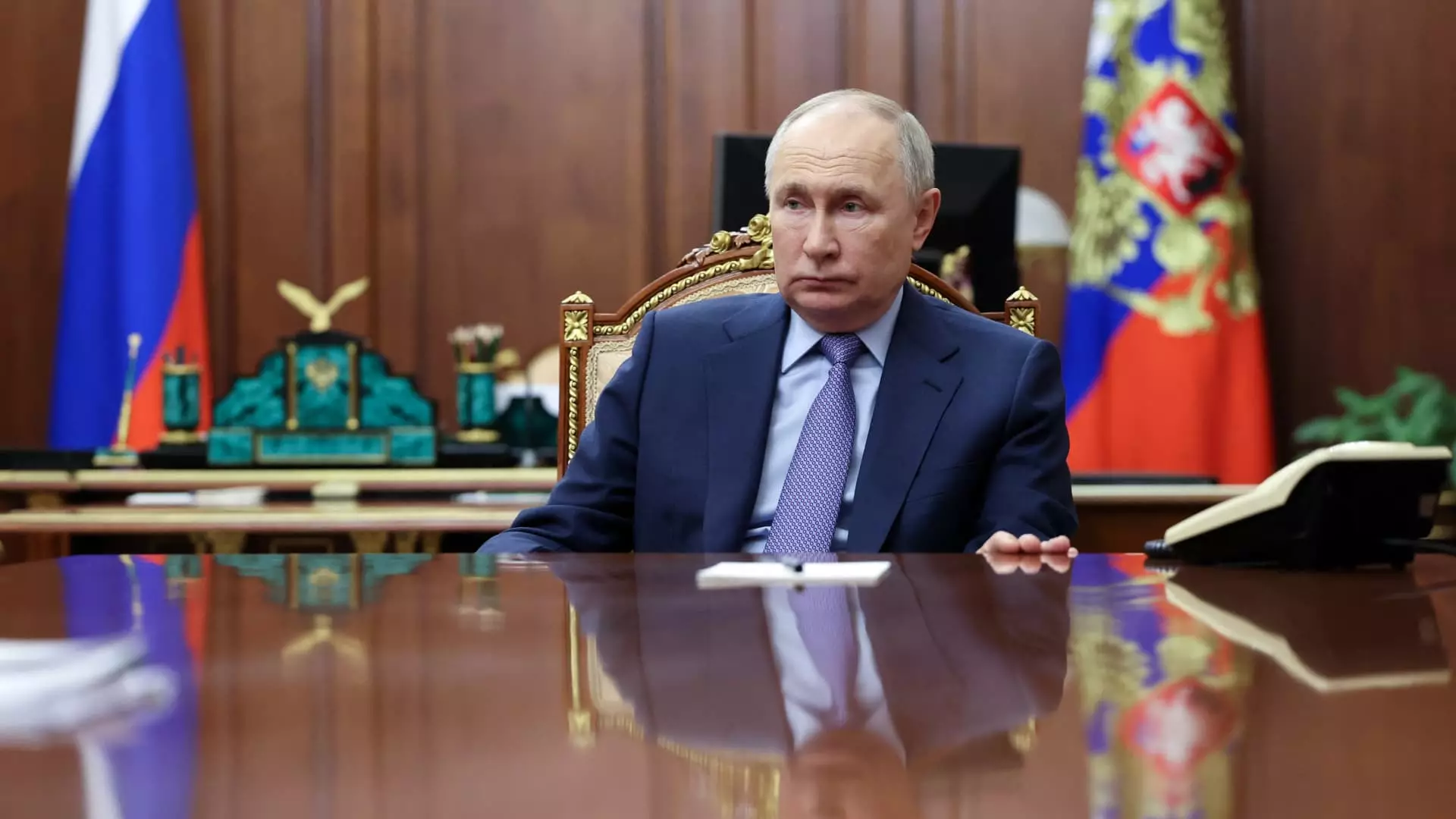Russia’s reaction to the recent approval of $60.84 billion in support for Ukraine by U.S. lawmakers has sparked heightened tensions between the two nations. Moscow perceives this move as a deepening involvement of the United States in what they describe as a hybrid war. Russian President Vladimir Putin’s decision to invade Ukraine in 2022 has exacerbated the already strained relationship between Russia and the West, with some comparing it to the Cuban Missile Crisis of 1962.
The approval of a $95 billion legislative package by the U.S. House of Representatives marks a significant step in providing security assistance to Ukraine, Israel, and Taiwan. Despite garnering bipartisan support, the decision was met with strong opposition from some Republicans. Russian Foreign Ministry Spokeswoman Maria Zakharova criticized the move, accusing the United States of pushing Ukraine into a deadly conflict and risking attacks on Russian territory and civilians.
The conflict in Ukraine is viewed differently by various stakeholders. While Western leaders and Ukrainian officials see it as an imperial-style land-grab orchestrated by Russia, Putin frames it within a broader struggle against the United States. He argues that Moscow’s interests were disregarded following the collapse of the Soviet Union in 1991, leading to attempts to dismantle Russia and exploit its abundant natural resources. This stark divergence in perspectives highlights the complexities of the ongoing tensions between Russia and the West.
The escalating tensions between Russia and the West have significant implications for global stability. Both Russia and China are identified as the top two nation-state threats to global stability in the post-Soviet era. The situation in Ukraine serves as a microcosm of wider geopolitical struggles and power dynamics that have the potential to reshape the global order. The deepening involvement of the United States in supporting Ukraine further complicates an already volatile situation and raises concerns about the potential for further escalation and conflict.
The recent developments in the conflict between Russia and the West underscore the fragile nature of international relations in the 21st century. The competing narratives and interests at play in the Ukraine crisis epitomize the complex web of alliances, rivalries, and power dynamics that shape the geopolitical landscape. As the situation continues to evolve, it is imperative for all parties involved to prioritize dialogue, diplomacy, and de-escalation to avoid further destabilization and conflict.



Leave a Reply